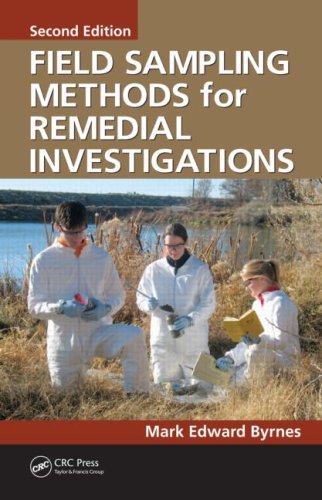

Most ebook files are in PDF format, so you can easily read them using various software such as Foxit Reader or directly on the Google Chrome browser.
Some ebook files are released by publishers in other formats such as .awz, .mobi, .epub, .fb2, etc. You may need to install specific software to read these formats on mobile/PC, such as Calibre.
Please read the tutorial at this link: https://ebookbell.com/faq
We offer FREE conversion to the popular formats you request; however, this may take some time. Therefore, right after payment, please email us, and we will try to provide the service as quickly as possible.
For some exceptional file formats or broken links (if any), please refrain from opening any disputes. Instead, email us first, and we will try to assist within a maximum of 6 hours.
EbookBell Team

4.3
28 reviewsThe book provides guidance on how to:
· Implement the US EPA’s latest Data Quality Objective’s procedure
· Prepare and maintain defensible field documentation
· Use quality control sampling, data verification, data validation, and data quality assessment to assure the data collected is of adequate quality and quantity for its intended use
· Properly decontaminate drilling and field sampling equipment
· Determine appropriate health and safety requirements
· Manage investigation-derived waste
· Properly prepare sample bottles for shipment